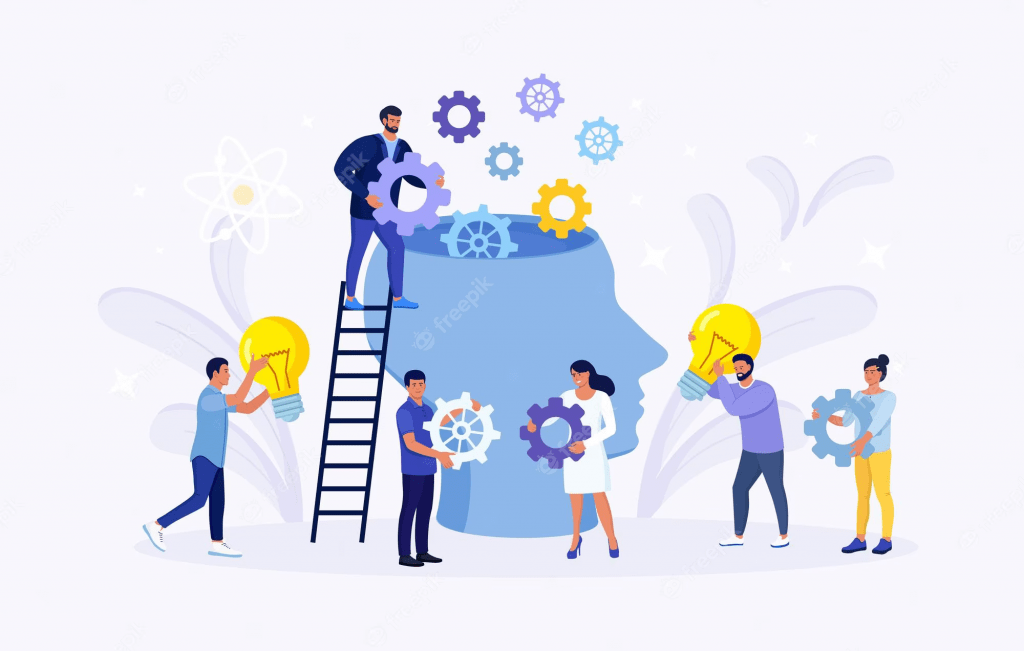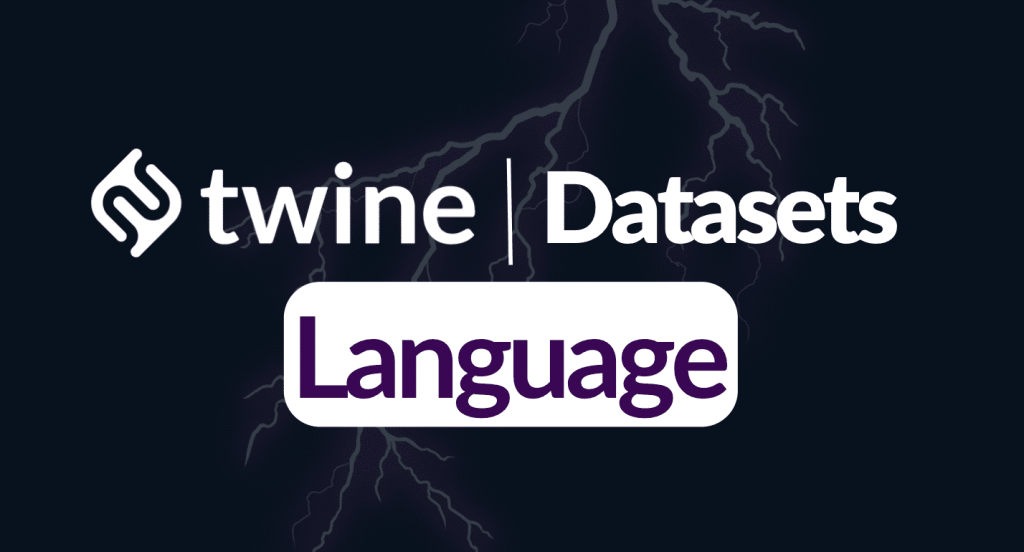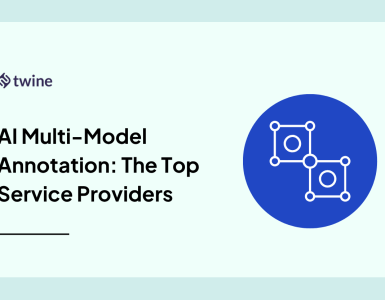
As a lover of the arts, I have always been captivated by the magic of an actor’s performance. Whether it’s on stage or on the silver screen, the ability of performers to bring stories to life has transformed humanity’s ability to imagine other worlds. However, with the SAG-AFTRA strike in Hollywood, there has been a growing buzz around artificial intelligence (AI) and its potential to revolutionise the entertainment industry. While AI may have its merits, I firmly believe it can never replace the essence and spirit of actors. But I also believe the role of the actor will have to adapt in the coming decade.
Understanding artificial intelligence in entertainment
Before we delve into why AI will never replace actors, it is important to understand what artificial intelligence actually is. AI refers to the development of computer systems that can perform tasks that would typically require human intelligence. In the entertainment industry, generative AI has been utilised in various ways, tools like ChatGPT have been employed in the development of scripts, while photogrammetry studios are used to create digital doubles of actors. While these advancements have undoubtedly pushed the boundaries of what is possible in filmmaking, we discuss four reasons AI cannot fully replicate the depth and complexity of human emotions.
4 limitations of AI in acting
One of the main limitations of AI in acting is its inability to genuinely experience emotions. While AI algorithms can be programmed to mimic certain emotions, they lack the lived experiences and genuine emotional responses that actors possess. Emotions are not just about facial expressions or body language; they are a reflection of our innermost thoughts, experiences, and vulnerabilities. It is this authenticity that allows actors to connect with audiences on a deep and meaningful level.
Furthermore, AI is limited in its ability to adapt and respond to unforeseen circumstances. Acting requires improvisation and the ability to think on one’s feet. Actors can adjust their performances based on the reactions of their fellow actors or the audience, creating a dynamic and immersive experience. AI, on the other hand, follows predetermined algorithms and lacks the flexibility and spontaneity that make live performances so captivating.
1. The emotional depth of the actors
One of the most powerful aspects of acting is the emotional depth that actors bring to their performances. Through years of training and experience, actors develop a profound understanding of the human condition and are able to tap into a wide range of emotions. They can convey joy, sadness, anger, and everything in between, in a way that resonates with audiences on a deeply personal level.
The ability to convey complex emotions is not something that can be replicated by AI yet. While AI may be able to analyse data and generate patterns, it cannot truly grasp the nuances of human emotion. It is the vulnerability and authenticity that actors bring to their performances that make them so compelling. Their ability to make us laugh, cry, and feel a myriad of emotions is what keeps us coming back for more.
For example, Meryl Streep’s performance in Sophie’s Choice is considered one of the greatest in cinema history. As a Polish immigrant haunted by her Auschwitz past, Streep conveys deep trauma and grief. The scene where she must decide which child lives or dies is utterly heart wrenching. Streep’s ability to evoke such visceral emotion is astonishing. An AI could analyse her facial expressions and vocal delivery in isolation. But it could not truly comprehend the vulnerability and humanity that Streep pours into the character.
2. Improv and creativity
Acting is not just about memorising lines and delivering them convincingly. It is about interpretation and creativity. Actors have the unique ability to bring their own perspectives and experiences to a role, adding depth and complexity to the characters they portray. They can make creative choices that breathe life into a script, infusing it with their own unique style and personality. Sometimes this is completely improvised at the moment.
For example, Heath Ledger’s portrayal of the Joker in The Dark Knight was an iconic re-interpretation of that character. Ledger added depths of malignancy and psychological instability that were not explicitly written. Through vocal tics, unsettling mannerisms, and an unpredictable energy, he made the role his own. His creative choices introduced a new depravity and complexity to the Joker that was original to Ledger. An AI system could deliver scripted dialog for the role, but it could not duplicate the raw, improvisational artistry Ledger used to make this villain so chilling and unforgettable. It demonstrates the heights of human creativity that AI cannot yet reach. And let’s not forget another memorable moment of improv: Matthew McConaughey’s chest-thumping chant in The Wolf of Wall Street wasn’t scripted. That scene is iconic.
It is limited to the information and procedures with which it was originally equipped. Despite AI’s impressive data-processing ability, it still lacks a human’s creativity.
3. The connection between actors and the audience
The connection that actors make with their audience is one of the most powerful components of any performance. When we go to the theatre or see a movie, we engage in the lives of the actors and actresses on screen. We share their joys and sorrows as well as their journey with them. Empathy, or the capacity to comprehend and share the emotions of another, is the foundation of this bond.
While AI has come a long way, it still can’t match the depth of this emotional bond. Characters generated by AI may seem and sound lifelike, but they lack the subtleties that make us care about the people we see on screen. Performers resonate with us because of their flaws, frailties, and individuality. This link is what gives acting its transforming power and significance.
4. The irreplaceable human touch
At the heart of it all, what sets actors apart is the irreplaceable human touch they bring to their performances. It is the subtle nuances, the imperfections, and the rawness of emotion that make acting such a captivating and transformative art form. No matter how advanced AI becomes, it will never be able to replicate the essence of what it means to be human.
The future of AI in the entertainment industry
While AI continues to advance, the idea of AI completely replacing actors in the entertainment industry remains a distant possibility. The emotional depth, authenticity, and nuanced performances delivered by actors cannot be fully replicated by machines. AI can enhance and speed up the creative process by offering new tools for filmmakers and artists. But, it cannot replace the human element that is essential to storytelling.
Even in a world where people can be filmed and then synthetically generated as a 3D model (think of a more advanced “deep fake” type technology), there will still be a huge amount of work in scripting and directing these 3D models. Actors will be perfectly placed to do this. Who better to understand whether the emotions or movement of the model is correct?
Balancing AI and Human Creativity
The future of AI in entertainment lies in finding a balance between technological advancements and creativity. AI can assist in creating realistic visual effects, improving efficiency, and expanding creative possibilities. However, it is crucial to recognize and value the unique skills and contributions of actors, writers, and other industry professionals. Collaboration between AI and human creativity can lead to groundbreaking and awe-inspiring works of art.
Embracing Change and Adaptation
As with any technological advancement, the entertainment industry must adapt to the evolving landscape. Rather than fearing the rise of AI, actors and industry professionals can embrace change and explore new ways to integrate AI technologies into their creative processes. This includes understanding the potential benefits and limitations of AI, advocating for fair contracts, and ensuring that the human touch remains at the heart of storytelling.
As cinema began to rise in popularity during the 1910s, it faced resistance and backlash from the traditional theatre community. This raised questions about the future of theatre itself. Yet, today, more than a century later, theatres continue to thrive worldwide. While they have certainly evolved and faced competition from emerging mediums, theatres remain a prominent cultural fixture. One undeniable truth is that change is constant. Technology will persist in reshaping the creative industry, both now and in the years to come. Emerging technologies will keep enhancing and disrupting cinema’s toolkit. But actors devoted to their craft will continue to find ways to move us, combining imagination and empathy to breathe life into each role. Innovations provide new canvases for their art
Celebrating the timeless art of acting
In conclusion, while AI may have its merits, it will never be able to replace the unmatched spirit of human performance. The emotional depth, interpretive creativity, and genuine connection that actors bring to their craft are irreplaceable. As we look to the future of the entertainment industry, let us celebrate and cherish the timeless art of acting, knowing that it is the human touch that makes it truly extraordinary.



